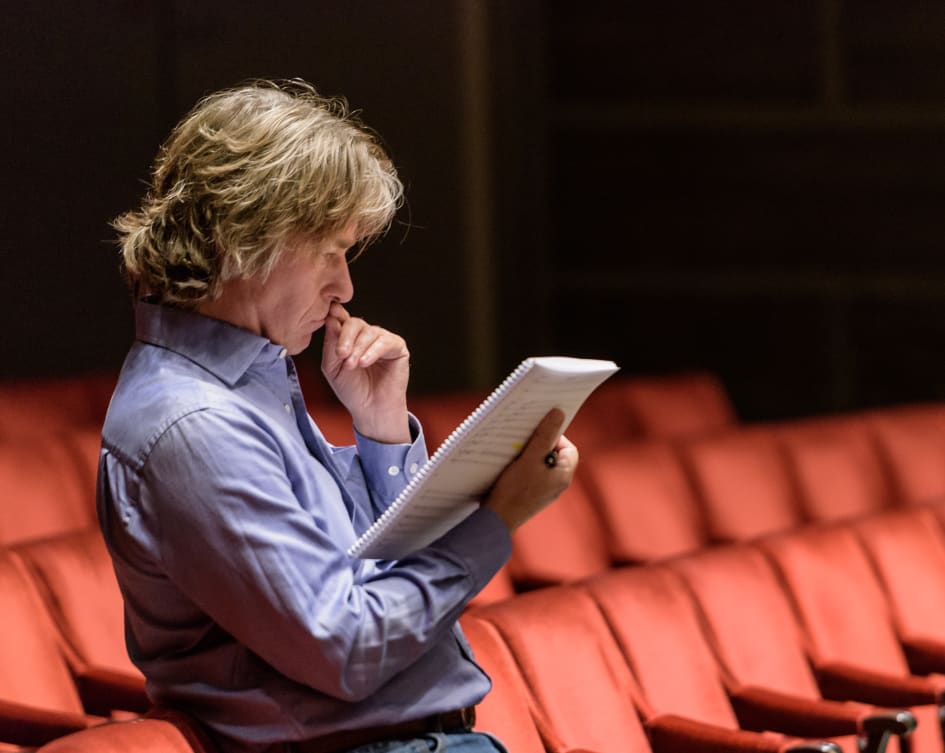

One of Sweden’s leading composers, Anders Hillborg is that rare artist whose music strikes a chord across many different countries and cultures. Born in Sweden May 31, 1954, an early interest in electronic music developed from a beginning as a keyboard improviser in a pop band, but contact with Ferneyhough, and the music of Ligeti quickly led to a fascination with counterpoint and orchestral writing. Since then, Hillborg’s love of pure sound and the energy that he gives it, has appealed to many major conductors including Alan Gilbert, Sakari Oramo, Kent Nagano, and Gustavo Dudamel. Peacock Tales, Hillborg’s theatrical clarinet concerto
for Martin Fröst, displays another strand of his large and varied
output: a sense of humour and the absurd. The piece has been taken up
with enthusiasm in several different versions and has received a staggering
number of performances. Mouyayoum for 16-voice a cappella
choir is one of his most popular works, riffing on a rhythmically complex
overtone series unadorned with words. Here, as always Hillborg’s ear for
the subtleties of the voice and his natural lyricism are unmistakable.
Above all, his music is borne out of a refreshing stylistic freedom matched
by an innate communicative ability.
2011 saw the premiere of Cold Heat by the Berlin Philharmonic
under David Zinman,
and Sirens – Hillborg’s largest work to date – by the LA Philharmonic
and Esa-Pekka Salonen.
The advocacy of Esa-Pekka Salonen [shown below (left) with the
composer] has resulted in numerous works, including Dreaming
River (premiered by the Royal Stockholm Philharmonic Orchestra in
1999), Eleven Gates (2005–06) premiered and commissioned by
the Los Angeles Philharmonic and most recently Sirens, a joint
commission from the LA Philharmonic and Chicago Symphony Orchestra.
With each passing year, Hillborg’s international reputation grows apace. His music has twice been the subject of a Royal Stockholm Philharmonic’s Composer Festival (1999, 2014) and he has also enjoyed residencies at Soundstreams, Toronto (2003), Avanti! (1995, 2005), Aspen (2008) and most recently in Hamburg (where he is Composer in Residence with the NDR). An extensive discography (at least 24 recordings) includes four portrait discs on BIS. == Names which are links in this box and below
refer to my interviews elsewhere on my website. BD
|
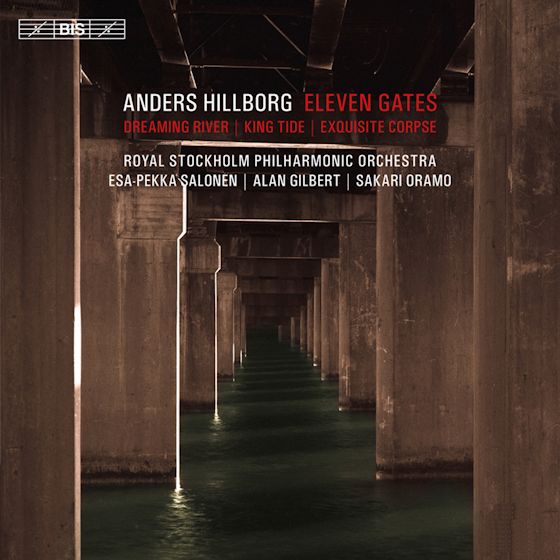 Bruce Duffie: You’re from Sweden. Is there anything
particularly Swedish, or even Scandinavian, about the music you write?
Bruce Duffie: You’re from Sweden. Is there anything
particularly Swedish, or even Scandinavian, about the music you write?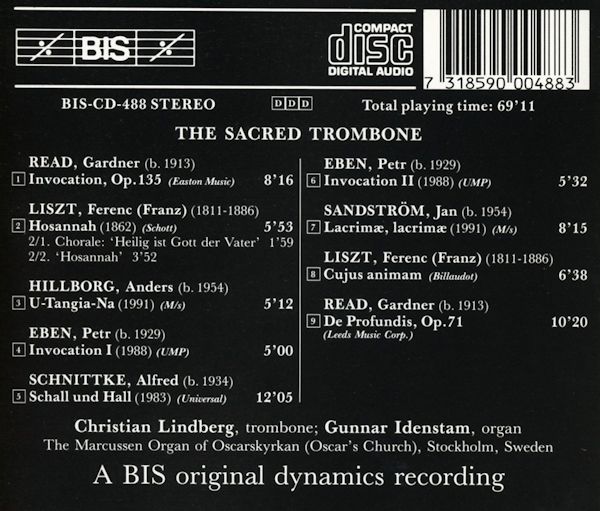 BD: Who wins?
BD: Who wins?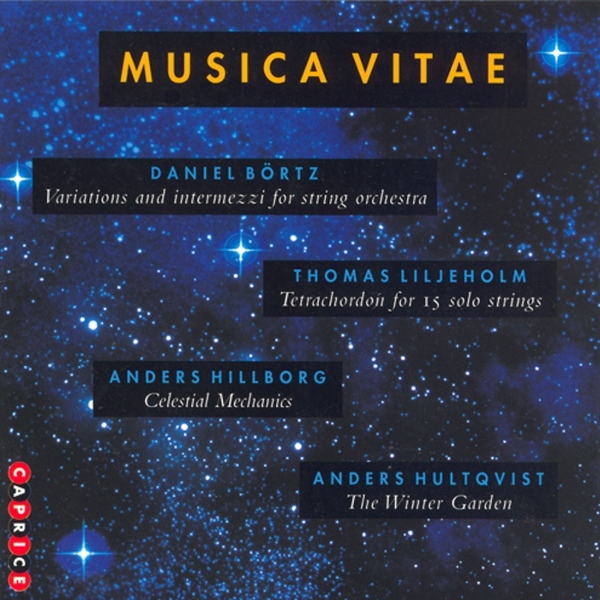 BD: When you get a commission, how do you decide yes,
you will do this one, or no, you’ll turn this one aside?
BD: When you get a commission, how do you decide yes,
you will do this one, or no, you’ll turn this one aside?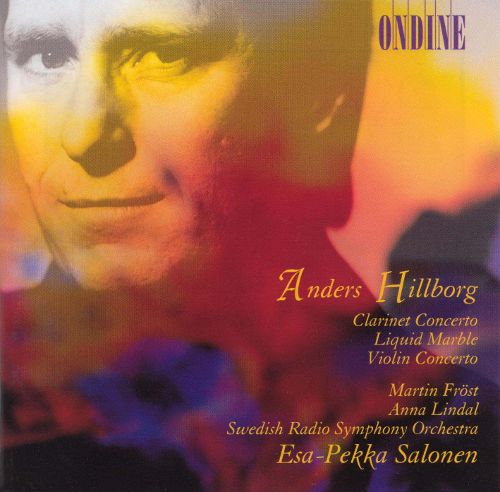 AH: To a certain extent, they understand that, yes,
but not my eight-year-old son. [Laughs]
AH: To a certain extent, they understand that, yes,
but not my eight-year-old son. [Laughs]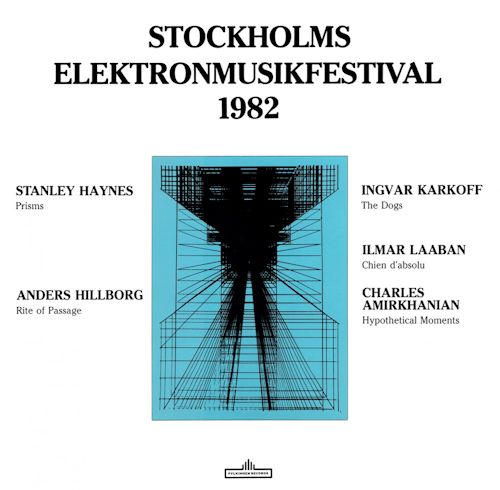 AH: [Hesitates] I think so.
There’s many more than you think. Of course, if you compare it
to pop music of today, it’s not considered enough. But many people
are sitting by the radio when the music is played.
AH: [Hesitates] I think so.
There’s many more than you think. Of course, if you compare it
to pop music of today, it’s not considered enough. But many people
are sitting by the radio when the music is played.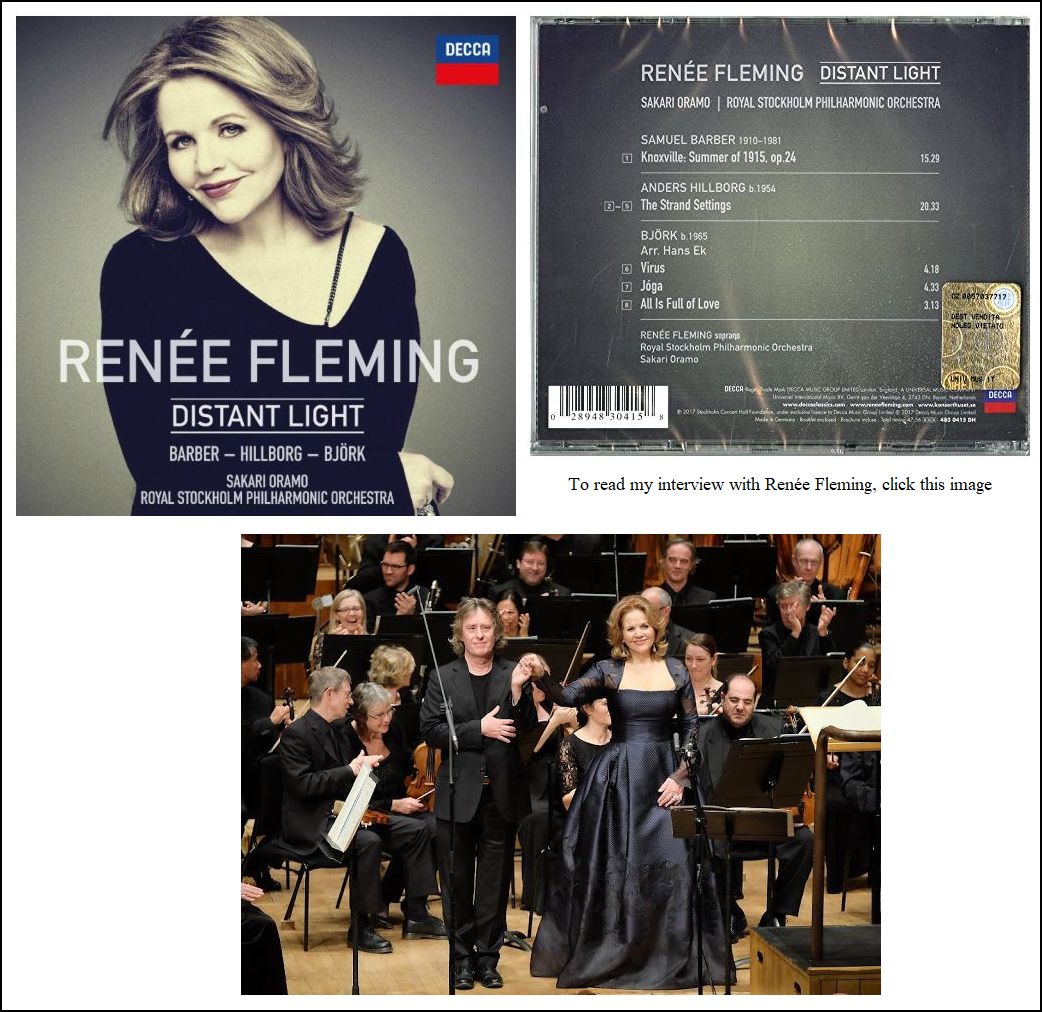
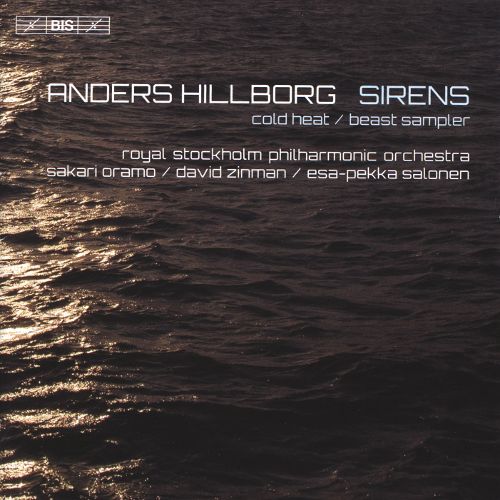 AH: I regret that I didn’t study conducting because
I would like to be able to. It would help a lot. I haven’t
totally given it up, but some musicians say that they prefer that the
composer conducts sometimes — however bad
he is — because he still communicates what
the piece is about. So, in some context maybe this could be done.
AH: I regret that I didn’t study conducting because
I would like to be able to. It would help a lot. I haven’t
totally given it up, but some musicians say that they prefer that the
composer conducts sometimes — however bad
he is — because he still communicates what
the piece is about. So, in some context maybe this could be done.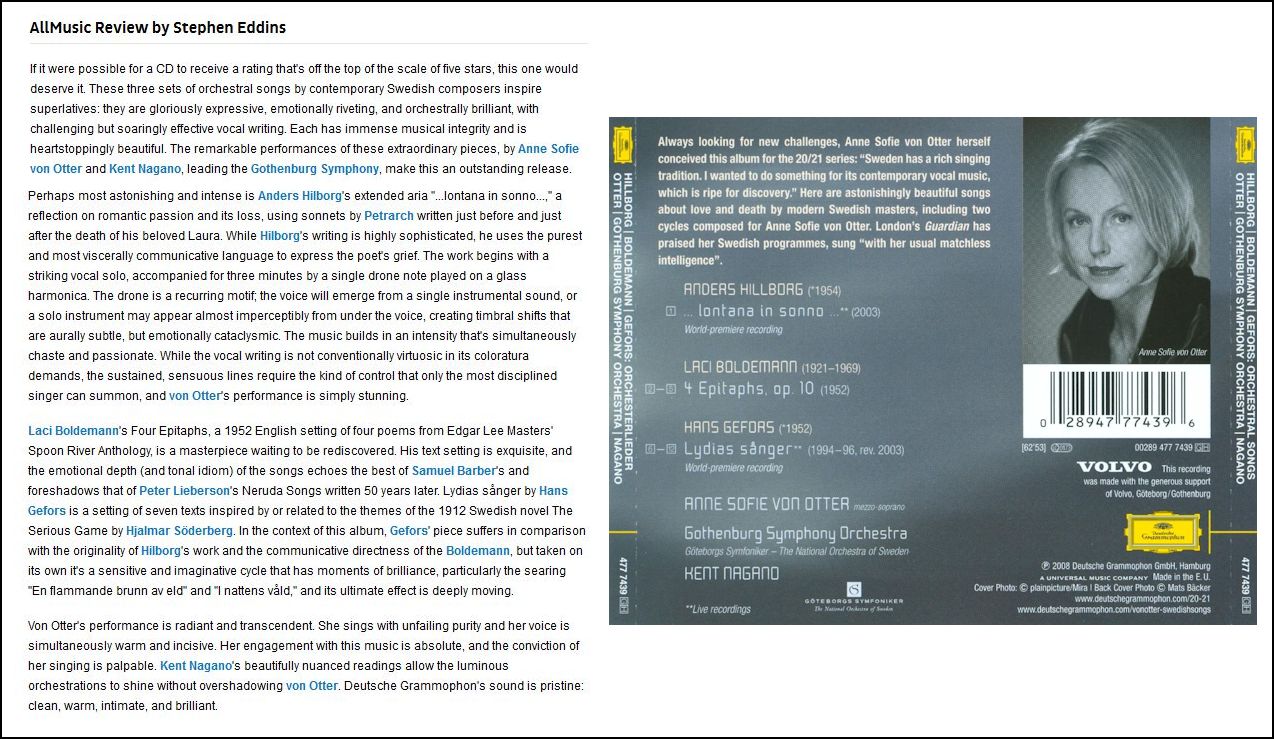
© 2005 Bruce Duffie
This conversation was recorded in Chicago on February 26, 2005. Portions were broadcast on WNUR later that year, and again in 2010; and on Contemporary Classical Internet Radio in 2006 and 2011. This transcription was made in 2018, and posted on this website early in 2019. My thanks to British soprano Una Barry for her help in preparing this website presentation.
To see a full list (with links) of interviews which have been transcribed and posted on this website, click here. To read my thoughts on editing these interviews for print, as well as a few other interesting observations, click here.
Award - winning broadcaster Bruce Duffie was with WNIB, Classical 97 in Chicago from 1975 until its final moment as a classical station in February of 2001. His interviews have also appeared in various magazines and journals since 1980, and he now continues his broadcast series on WNUR-FM, as well as on Contemporary Classical Internet Radio.
You are invited to visit his website for more information about his work, including selected transcripts of other interviews, plus a full list of his guests. He would also like to call your attention to the photos and information about his grandfather, who was a pioneer in the automotive field more than a century ago. You may also send him E-Mail with comments, questions and suggestions.